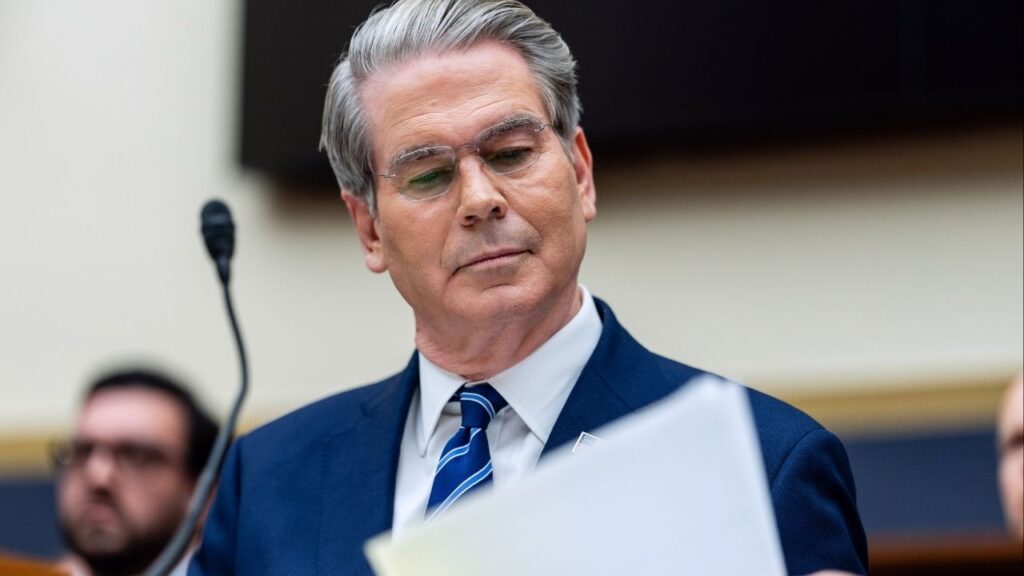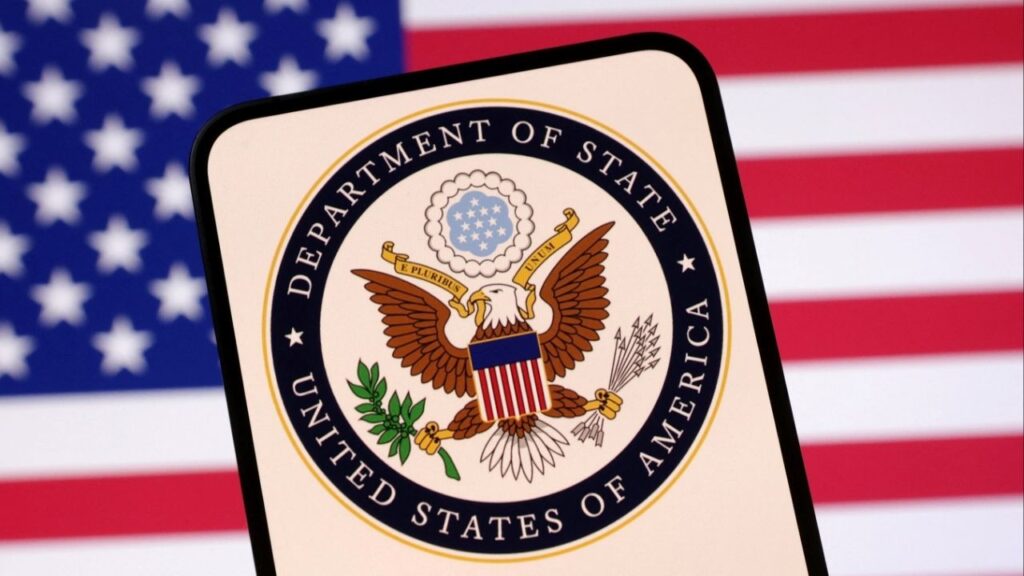Economist Jeffrey Sachs warns of potential US-Iran war in an interview with Tucker Carlson (pictured), citing decades of Israeli-influenced foreign policy in the Middle East. (Shutterstock)

- Sachs links potential Iran war to 1996 'Clean Break' strategy, aimed at reshaping Middle East through interventions.
- He criticizes 'deep state policy' transcending administrations, pointing to covert operations like Timber Sycamore.
- Sachs warns escalating tensions with Iran could lead to an unwinnable conflict, risking global instability.
Share
|
Getting your Trinity Audio player ready...
|
In a recent interview, renowned economist Jeffrey Sachs outlined his concerns about the possibility of war with Iran, framing it as the culmination of decades of U.S. foreign policy shaped by Israeli influence. Sachs pointed to the so-called “Clean Break” strategy, a 1996 plan championed by Israeli Prime Minister Benjamin Netanyahu and American neoconservatives, which aimed to reshape the Middle East through aggressive interventions.
The ‘Clean Break’ Strategy and Its Targets
According to Sachs, six out of the seven countries targeted for regime change in the plan — Lebanon, Iraq, Syria, Somalia, Sudan, and Libya — have already experienced significant destabilization. Iran remains the final target, he claimed, adding, “The mainstream media is pushing for U.S. war with Iran. Netanyahu’s pushing for war with Iran. They’re really trying to get this started to make seven out of seven.”
Sachs criticized what he called “long-term deep state policy” that transcends U.S. administrations, pointing out that efforts to topple Syrian President Bashar al-Assad began under President Obama with initiatives like Operation Timber Sycamore, a covert CIA program. He emphasized the heavy costs of these interventions, both financial and human, asserting, “We’re paying for these wars with trillions of dollars, yet we’re told nothing about their true purpose.”
Related Story: Two Charged in Connection With Iran-Backed Drone Strike That Killed 3 US Troops ...
He further argued that U.S. foreign policy in the Middle East has become subservient to Israeli interests, with dire consequences for American security and global stability. “What’s the United States getting out of any of this? Massive geopolitical isolation,” Sachs said, noting the lack of diplomatic efforts to resolve tensions.
Sachs concluded with a stark warning: escalating tensions with Iran could draw the U.S. into an unwinnable conflict, risking broader global instability, especially given Iran’s alliances with Russia and China. “There’s no way to, quote, ‘defeat Iran,’” he cautioned.
RELATED TOPICS:
Categories

Ferreira Completes His Halfpipe Set with Gold


















